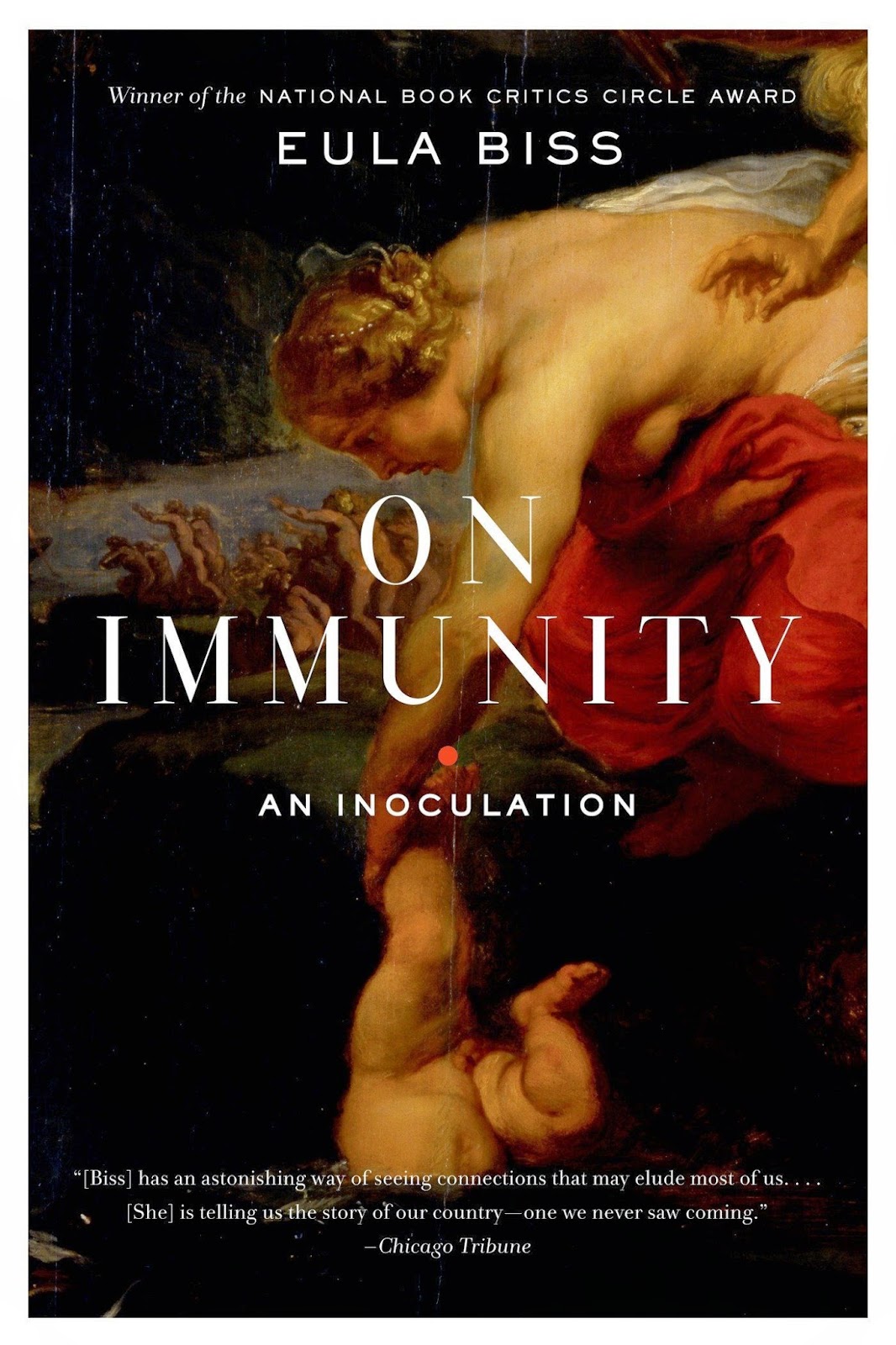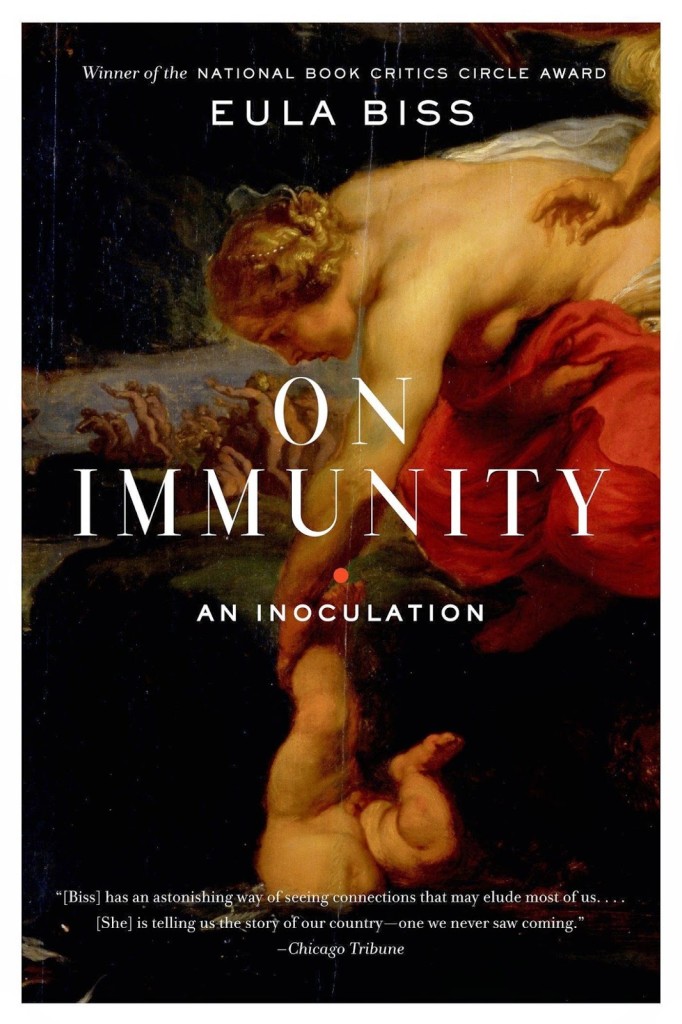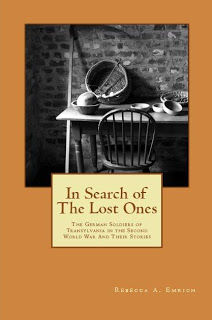
On Immunity, Eula Biss, or the Invasion of the Microbes
Mark Zuckerberg loves this book. So does Bill Gates.
This book caught me by surprise, and I found myself enjoying it a lot. If you like reading something controversial and fantastic, then I strongly recommend On Immunity: An Inoculation, 2014, by Eula
 Biss- the of the major books which Mark Zuckerberg of Facebook has chosen as one of his book club books. I was moved by how Biss could write on such a topic with so much grace and emotion.
Biss- the of the major books which Mark Zuckerberg of Facebook has chosen as one of his book club books. I was moved by how Biss could write on such a topic with so much grace and emotion.
She is also a teacher at Northwestern University, and lives in Chicago, Illinois, which gives her an excellent view point on vaccination in America.
This book is a read for anyone who wants to- as said by the Guardian- learn about the fear in the United States over vaccination.
In this her third book of non-fiction, in a memoir style book, the author makes great use of personal experiences, metaphors, documented studies, and classic literature, to discuss the topic of the human immune system, and in particular, vaccination.
She describes her own memories as a young mother, and the vexing decisions she was compelled to make concerning her son’s health, including whether or not to inoculate him against a litany of viruses such as MMR (mumps, measles, rubella) and chicken pox. Her personal anguish over his bout with severe allergies affecting his breathing, and one almost feels that because of this her claims that vaccines are the cause of everything from autism, to anaphylactic reactions, to the onset of the very diseases they are meant to defend against, are dealt with in an almost humorous parody of paranoia.
 In her book, Biss extensively researched into the history of vaccination, and consulted various specialists, from immunologists, to paediatricians, to bio-ethicists, to gainsome perspective on the topic, and she is very passionate about her writing. The pros and cons associated with vaccination are dealt with throughout the book, not just in the sense of its efficacy at reducing or even nullifying the incidence of many diseases which have plagued mankind, but in comparing our reliance on vaccines to our use of hazardous chemicals such as DDT.
In her book, Biss extensively researched into the history of vaccination, and consulted various specialists, from immunologists, to paediatricians, to bio-ethicists, to gainsome perspective on the topic, and she is very passionate about her writing. The pros and cons associated with vaccination are dealt with throughout the book, not just in the sense of its efficacy at reducing or even nullifying the incidence of many diseases which have plagued mankind, but in comparing our reliance on vaccines to our use of hazardous chemicals such as DDT.
The reasoning being that while DDT has proven to be a toxic substance, it also plays a major role in combating malaria.
Even the language used to describe the immune system is replete of war- or sports- like metaphors, influencing how we think about inoculations and disease. In fact, I thought it was a war, only to realize my point of view on disease was different than hers. It is war when it comes down to it.
The ethical question of non-compliance, (choosing not to be vaccinated), is illustrated as a contest between preserving one’s independence and one’s responsibility to the greater good. An interesting example is of the Nigerian government refusing to continue vaccinations, because of its fear of Western control.
Biss makes a valiant attempt at reducing a complex subject to a balanced treatise on the general definition of immunity and the specific case of inoculation. Employing personal anecdotes, and allusions to such literary classics as Alice in Wonderland and Dracula, she manages to soften the technical jargon that would have impeded this work as fit for a general readership- you can read an article from the guardian
While I personally recommend this book as a must-read, it is also quite original and easily engaging at 163 pages. I have no doubt this is going to be a topic everyone must know about.

The Labyrinth Approach To Writing
You May Also Like

Social Networking and Book Publishing
January 20, 2015
Publishing an E-book on Kindle Direct Publishing
October 19, 2012
2 Comments
Amy
good start, but I wish you would expand on this. This is a hot topic book- and it's getting a lot of coverage- I 'm interested in your POV on what the coverage will of the book will do in the US.
rebeccaemrich
I believe the author provided a balanced approach on the topic of the effectiveness of vaccines and was generally informative about immunity. The book was well-written and very personable, which will make it very palatable for the average reader. My sense is that the running theme throughout was as a defence for continuing vaccinations as the correct course. This probably is in agreement with most of the medical community, so that while informative, the book will not produce that much controversy.